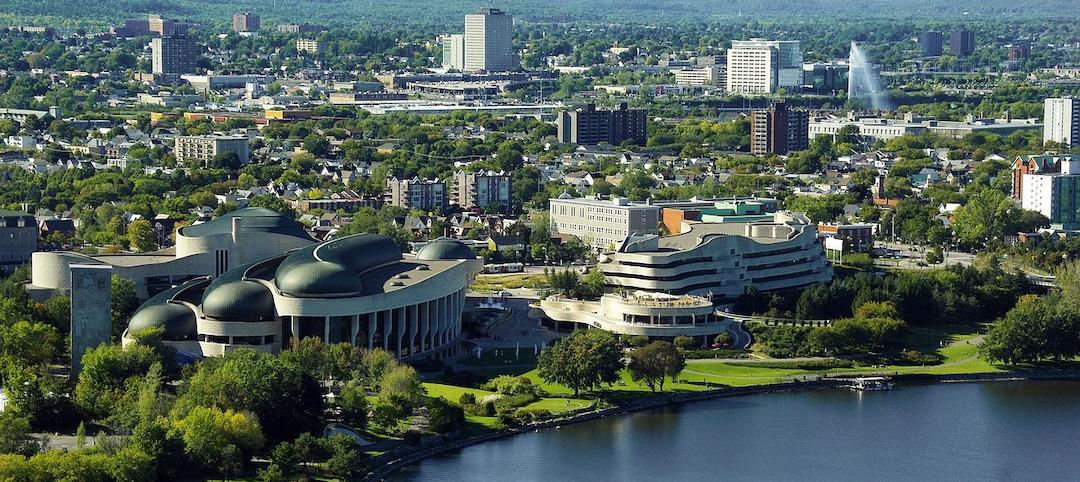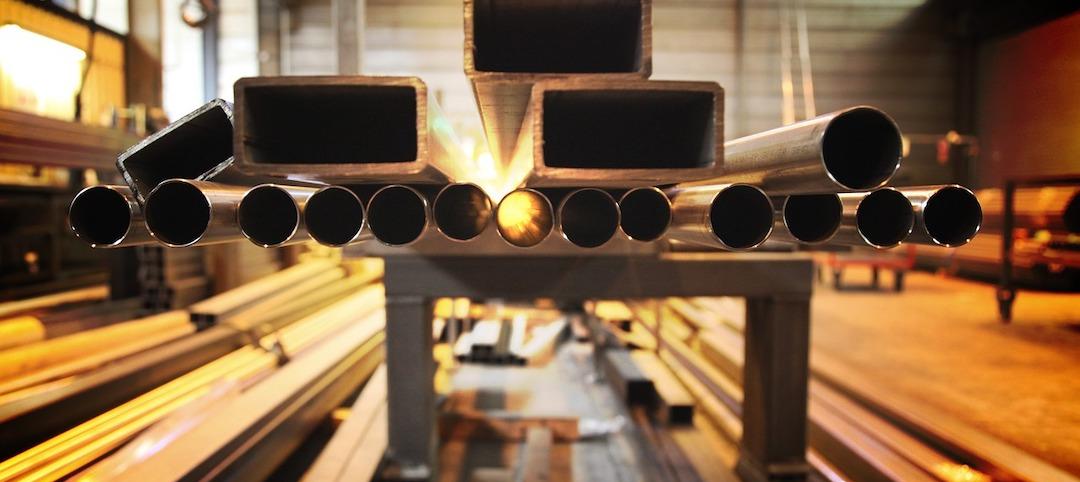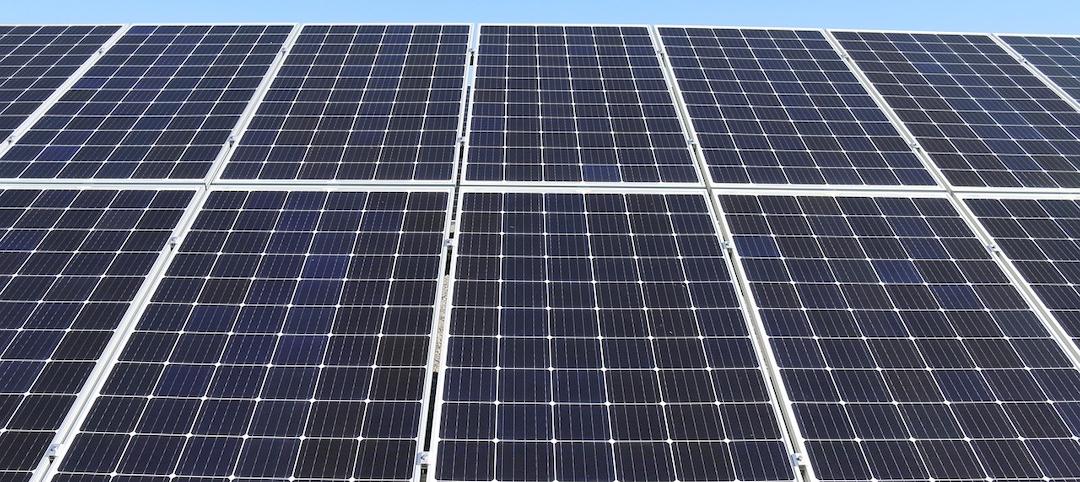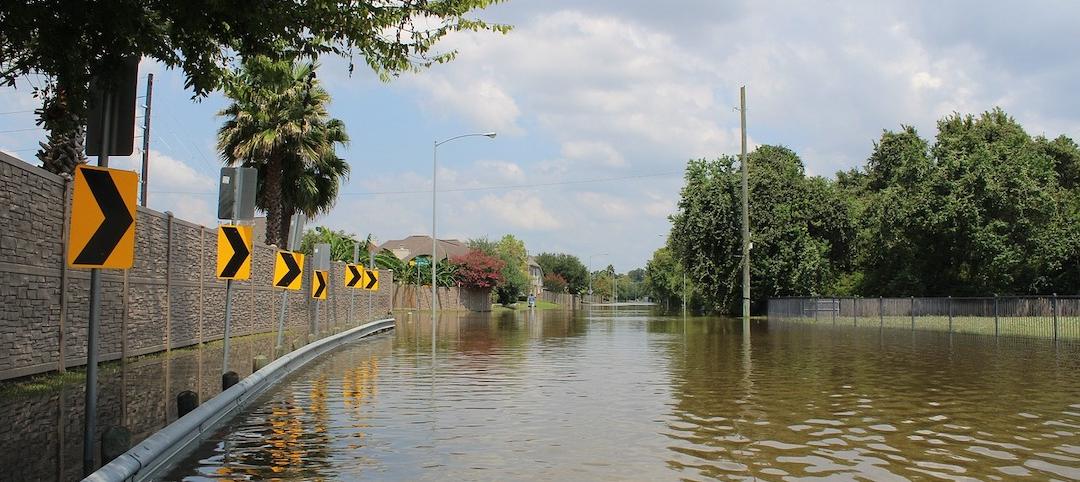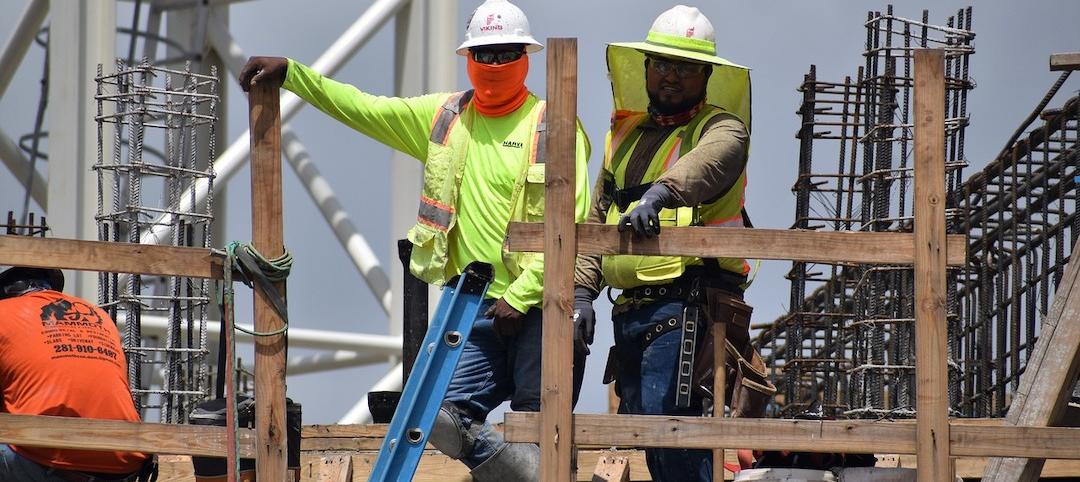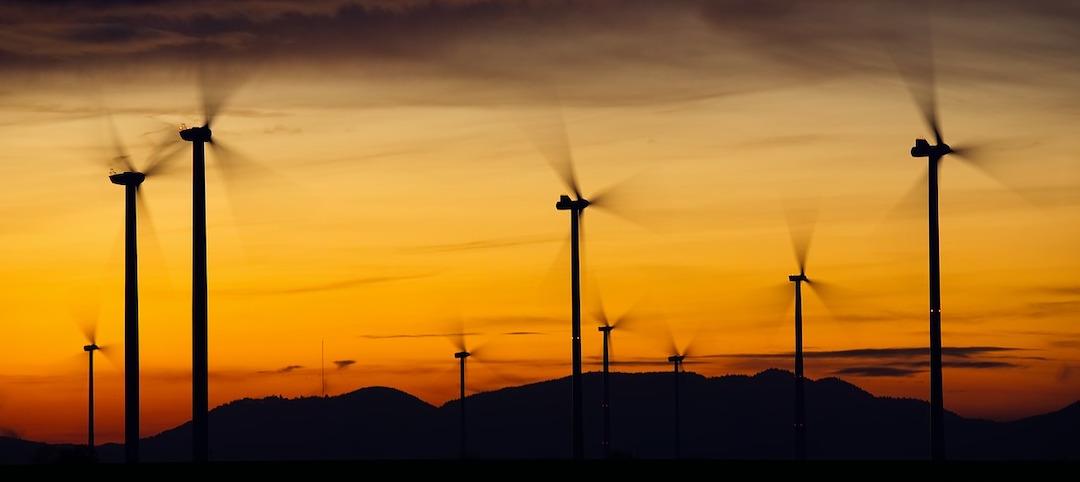The International Energy Agency (IEA) published its first comprehensive roadmap to net-zero emissions by 2050.
Many governments use IEA’s modeling and conclusions as input for policy decisions. Much of the document’s focus is on energy generation and a transition to cleaner forms of transportation, but building efficiency is also included.
The net zero vision would have emissions from buildings drop by 40% by 2030 and more than 95% by 2050. That goal would require that by 2030, about 20% of the existing building stock worldwide be retrofitted and all new buildings comply with zero‐carbon‐ready building standards. A zero‐carbon‐ready building is defined as highly energy efficient using either renewable energy directly or from an energy supply that will be fully decarbonized by 2050.
The roadmap also calls for minimum energy performance standards and replacement schemes for low‐efficiency appliances to be introduced or strengthened in the 2020s in all countries. By the mid‐2030s, nearly all household appliances sold worldwide should be as efficient as the most efficient models available today.
Related Stories
Codes and Standards | Jan 19, 2022
Canada’s Trudeau seeking building codes changes, net-zero emissions building strategy
Prime minister also wants net-zero electricity grid by 2035.
Codes and Standards | Jan 18, 2022
Greater emphasis on building materials needed to achieve net-zero carbon offices
Engineered wood, straw, and bamboo can be keys to achieving goal.
Codes and Standards | Jan 17, 2022
AISC seeks comments on draft earthquake standard for steel buildings
Includes new limits for cross-sectional slenderness of steel columns based on latest research.
Codes and Standards | Jan 12, 2022
California’s wildfire building code significantly reduces structural loss
As other states consider upgrading their codes, Golden State provides useful model.
Codes and Standards | Jan 12, 2022
Regulator holding back climate-friendly, energy-saving equipment deployment, critics say
Heat pumps, solar power could be made more accessible for low-income communities in Massachusetts.
Codes and Standards | Jan 11, 2022
Cost hikes drive nearly one million renters out of homeownership qualification in 2021
Household income needed to pay a mortgage rose to $62,872 from $55,186.
Codes and Standards | Jan 10, 2022
New ratings services focus on climate risk for homeowners
Efficacy of models used in risk assessment varies.
Codes and Standards | Jan 6, 2022
Virginia contractors having a tough time finding diverse subs to meet state goals
Survey of primes may indicate similar issues at federal level.
Codes and Standards | Jan 5, 2022
Boston drops parking requirements for affordable housing
Measure expected to spur new projects.
Codes and Standards | Jan 4, 2022
Dept. of Energy Better Climate Challenge aims for 50% GHG emission reduction by 2030
Program offers technical assistance and peer-to-peer knowledge sharing.



